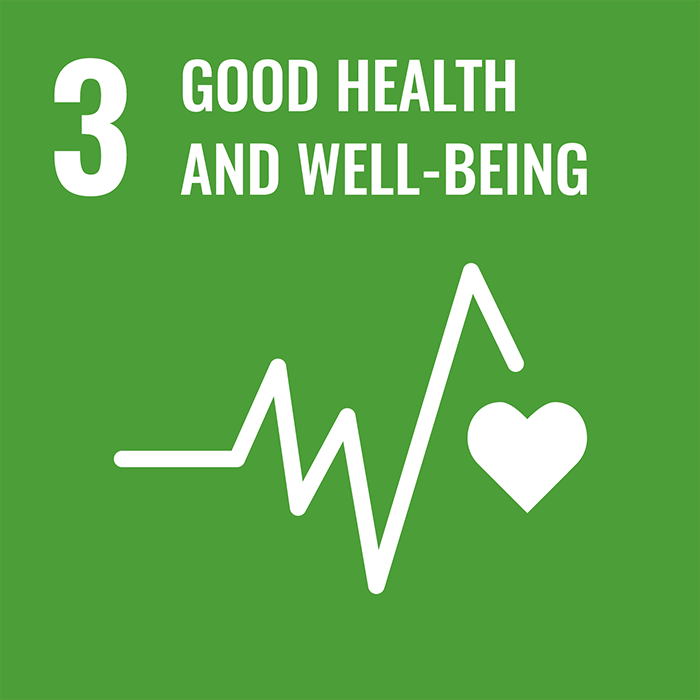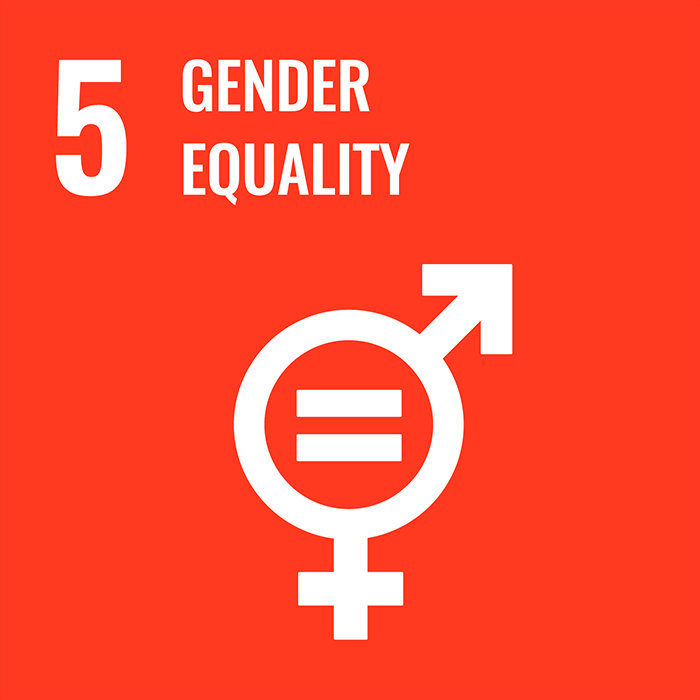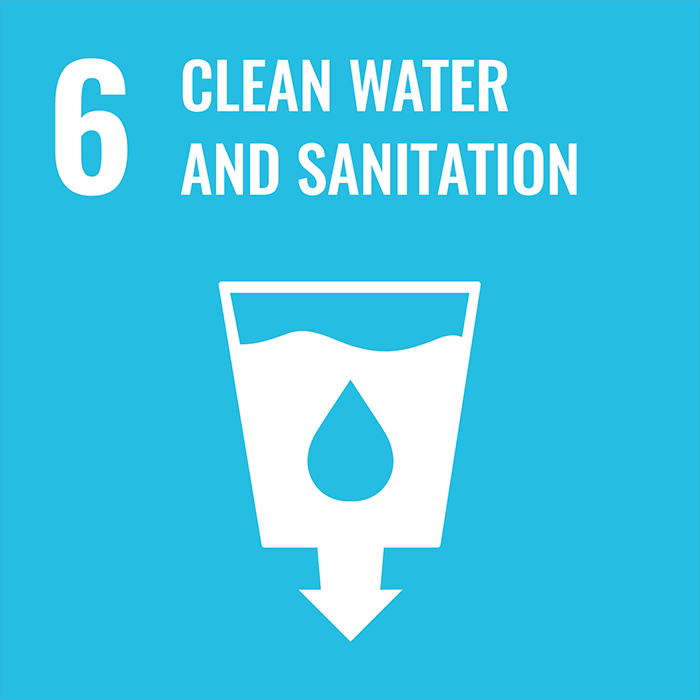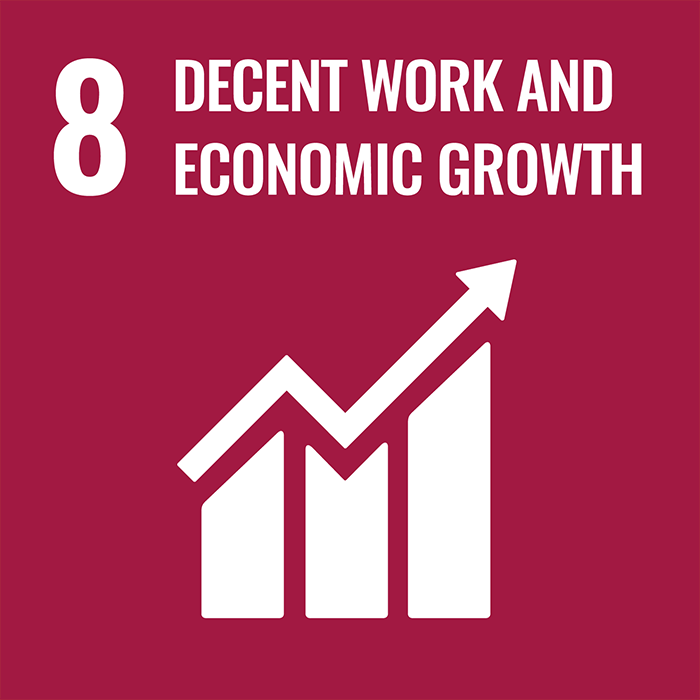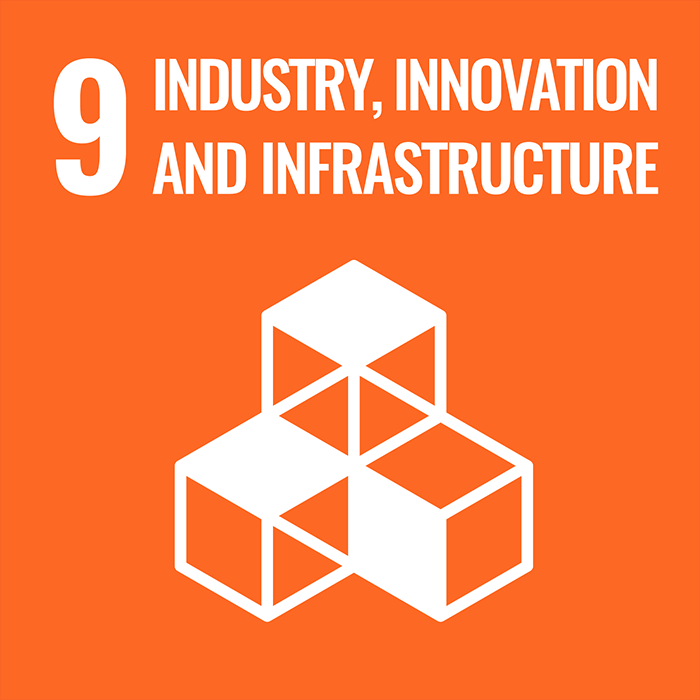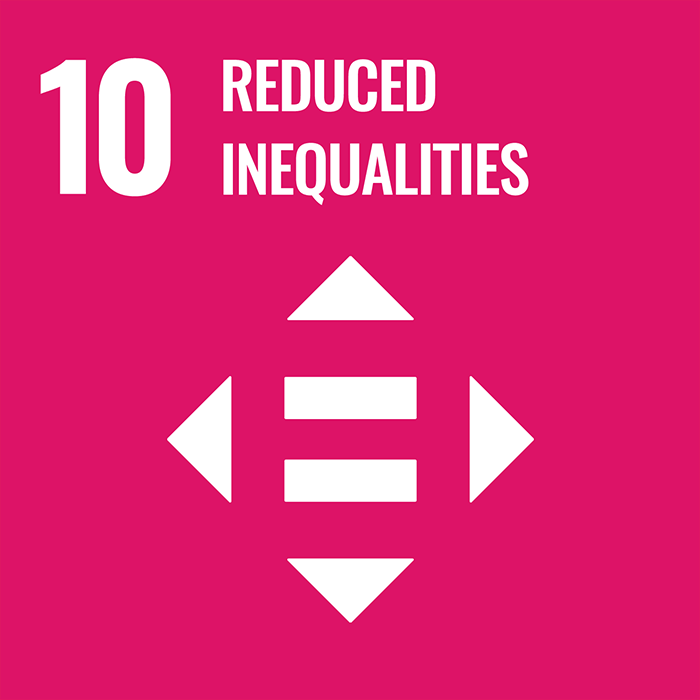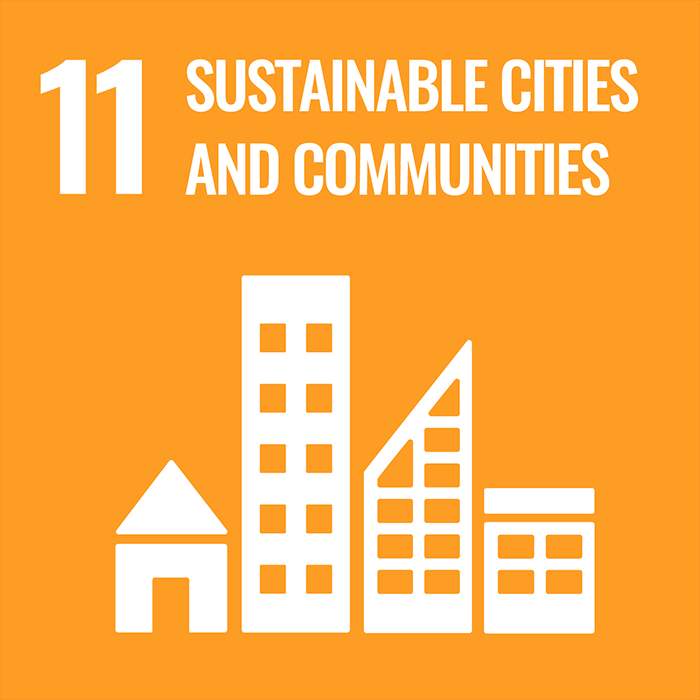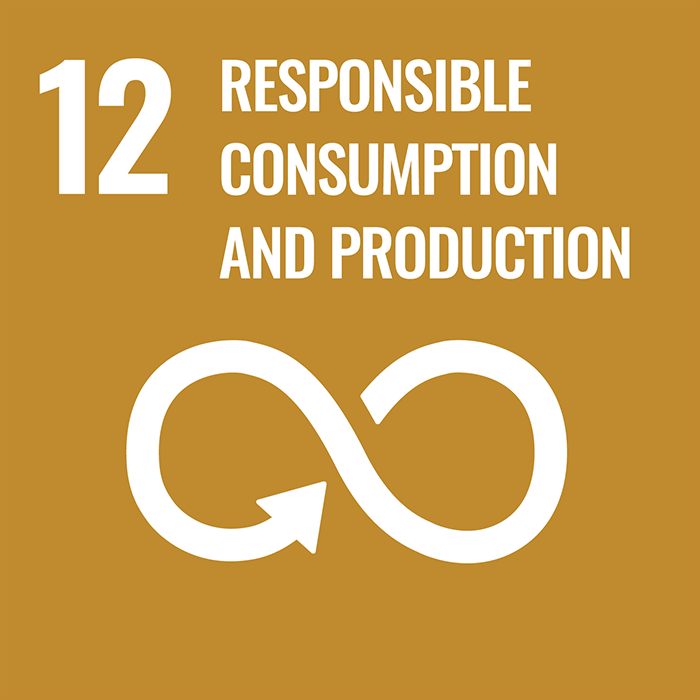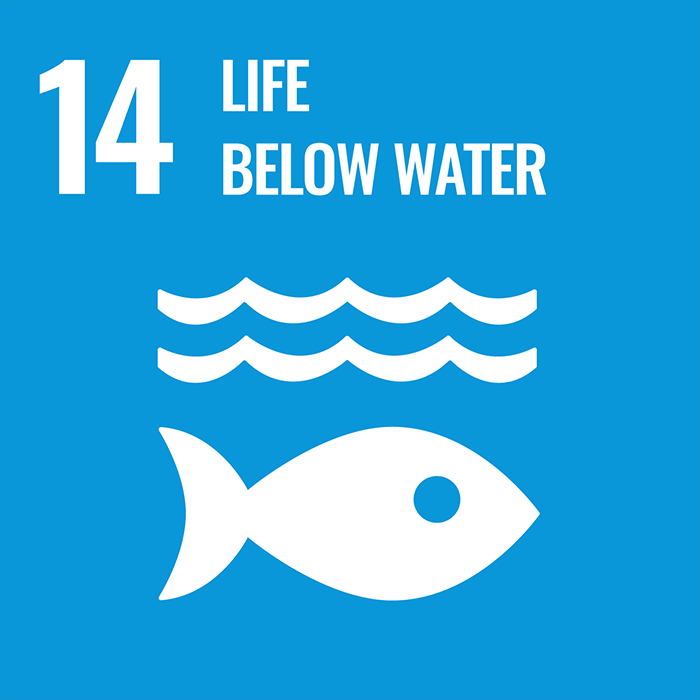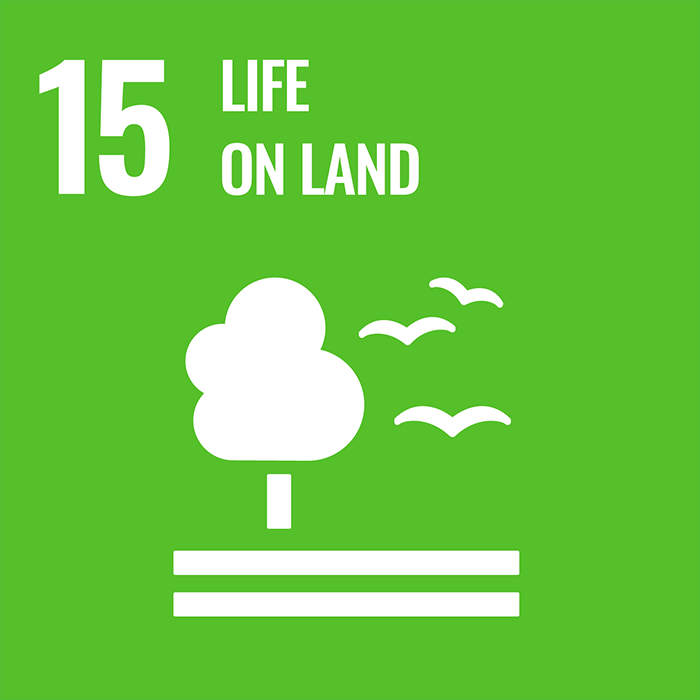Progress towards UN SDG 13: Climate action
Take urgent action to combat climate change and its impacts
Our research

The outcomes of a new study on the extent of future flooding caused by climate change along the Clyde Estuary could help coastal cities around the world better defend themselves against rising tides and extreme weather.
Sophisticated computer modelling of the River Clyde by researchers at the University of Glasgow suggests that urban planners will need to adopt a ‘right size, right place’ approach to tidal flood management in the years to come. Sea level rise has been accelerating since 2000 and will continue to rise for hundreds of years even if plans to reach net-zero by 2050 are achieved. Rising seas will bring increased tidal flood hazards for people and property.
The team’s research shows larger estuaries like the Clyde, which covers 120 square kilometres, are at greater risk of damaging floods because they connect directly to the sea. Their study demonstrated that, during extreme weather events, vast additional volumes of tidal seawater will be carried onto land along the banks of the Clyde. The team say that adapting to these additional flood waters means that larger, strategic interventions will be required to allow tidal floodwater to collect and drain without causing extensive damage to land surrounding the Clyde.
Their findings could help fine-tune the effectiveness of many cities’ plans for alleviating flood risk, particularly managed realignment, an increasingly adopted method of mitigating flood risk by giving space for tidal flooding. It aims to use a more sustainable, nature-based approach to minimise the damage tidal floods can cause to low-lying coastal towns and cities, which are currently home to around 60% of the world’s population.
Instead of building sea walls around cities to keep flood waters at bay, which fight rather than work with nature, managed realignment encourages the cultivation of natural wetland areas like saltmarshes along estuaries to absorb and slow down tidal flood waters.
In a new paper, the team from the University of Glasgow’s School of Geographical & Earth Sciences discuss the outcomes of their modelling, which is built on data from a hydrodynamic model recently commissioned by Glasgow City Council.
The outcomes of a new study on the extent of future flooding caused by climate change along the Clyde Estuary could help coastal cities around the world better defend themselves against rising tides and extreme weather.
Learning & teaching

The MSc in Climate & Environmental Science provides multidisciplinary knowledge and expertise on the complex and challenging climate-related and environmental issues facing communities across the globe. It focuses on the dynamics and interactions between the Earth’s surface, atmosphere, hydrosphere and biosphere at a wide range of spatial and temporal scales.
Students organise their studies along a pathway based on their interests: climate, risk and response; developing in-depth and critical understanding of contemporary global issues related to climate system interactions; and biogeochemical interactions in organic and inorganic systems. Students are trained in cutting-edge analytical equipment, computational methods and advanced field techniques. The programme is ideal for those keen to pursue a professional career or research in the study of climate-related and environmental challenges.
Find out more
University operations

The Glasgow University Environmental Sustainability Team (GUEST) is a student-led team within the Estates Directorate providing project-based work placement opportunities to students in areas such as biodiversity, sustainable food, sustainable travel, communications and student/community engagement. These projects not only play a vital role in the ongoing promotion of sustainability on campus but also provide an opportunity for students to develop both professionally and personally, while contributing to the everyday functioning of the University. GUEST also offers the opportunity for interns to work on its projects on a voluntary basis. GUEST were once again heavily involved with promoting partnerships for sustainability across global audiences delivering a number of important sessions for students and staff.
Find out more
Civic engagement

Glasgow residents will have a new way to engage with local climate action at their fingertips, thanks to a community science app co-designed by researchers at the University of Glasgow and local community members.
CommuniMap connects people directly to scientific understanding and practical climate actions, helping them to take small but significant actions and share information that will benefit others and the environment around them.
Developed through the University’s GALLANT project, communiMap supports place-based, community-led observation in Glasgow across themes like composting, nature, flooding, trees and energy. It centres attention, storytelling and quiet care, offering Glaswegians a chance to log what they notice and value in their surroundings, from street trees and compost heaps to puddles and walking routes.





